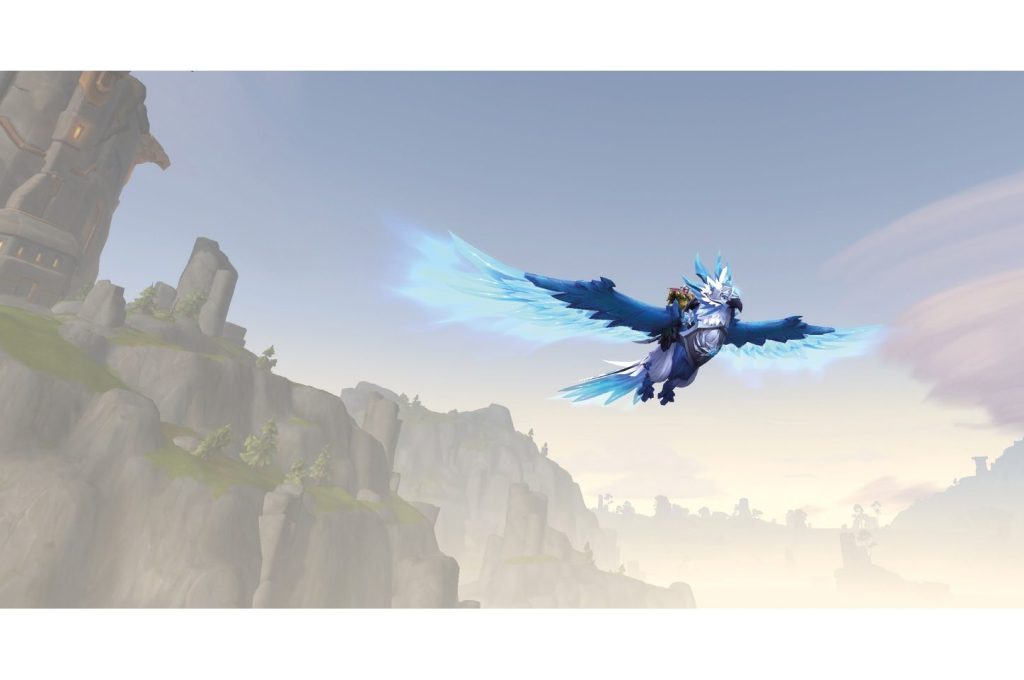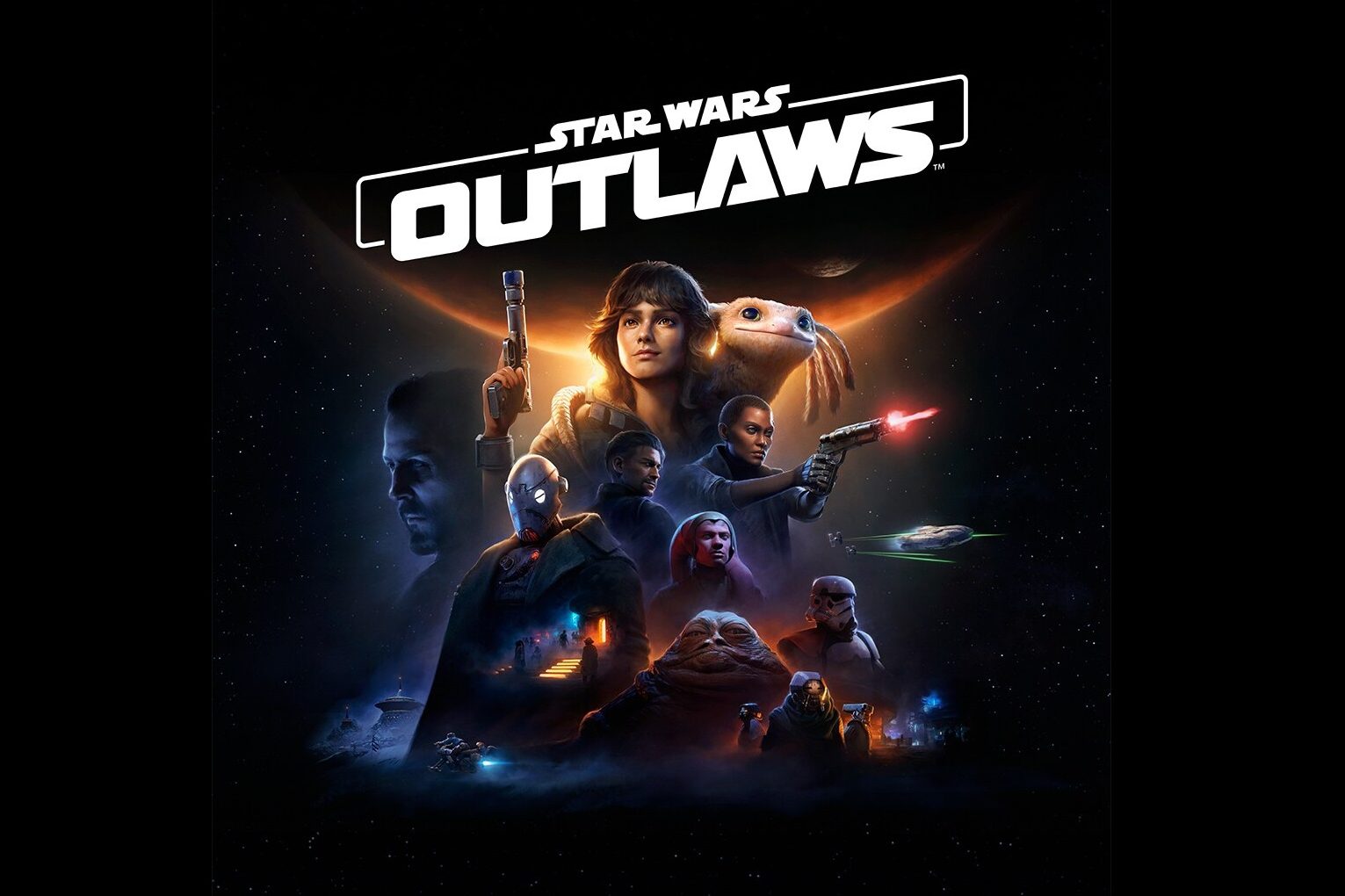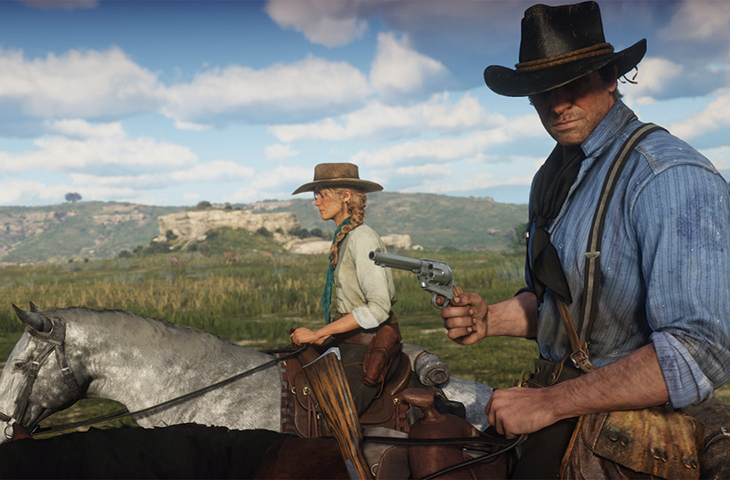On November 23, the video game World of Warcraft celebrated its twentieth anniversary. That’s no small thing. By most metrics, it is the most successful video game of its type in history. At its peak, it had more than 12 million active subscribers, and in its two-decade-and-counting lifetime it has made more than three times as much money as the highest-grossing Hollywood movie of all time.
Yet many, if not most, of you will never have heard of it or will have only the dimmest idea what it is. As someone who has played this daft game for several hours a week for years, I commend it to your attention, then — because a) there’s much innocent joy to be had in playing it, and b) World of Warcraft and games like it are an unignorable part of the cultural landscape. Strap in, readers: this is going to be nerdy.
You pay a modest monthly subscription for limitless access to a consensual hallucination
World of Warcraft, for the uninitiated, is an MMORPG, or “massively multiplayer online role-playing game.” You pay a modest monthly subscription for limitless access to a consensual hallucination: a vast virtual fantasy world called Azeroth, populated by orcs and elves and dwarves and dragons and suchlike, in which many hundreds of players can run around simultaneously. Is it pointless? Fair cop: yes it is. But no more pointless than cricket or football or, for that matter, Hollywood movies.
Players take any one of several roles: mages, hunters, warriors, druids, shamans or what have you. Each has a different and increasingly complex toolkit of abilities. You start out weak as a kitten, but bit by bit you acquire more abilities (“level up” in gaming lingo) and get stronger. You complete quests and explore the world, and as you defeat stronger monsters you gather better armor and weapons. Meanwhile you can gather herbs, buy or sell gear in the auction house, mine minerals from the earth, or go fishing in Azeroth’s many bodies of water. There’s always something to do — whether solo or with other players.
The color palette of this world is supersaturated in a prog-rock album-cover sort of way; the mythos and lore are a jejune compost of sub-Tolkien dungeons-and-dragons tommyrot; and progression is like walking the wrong way down a travelator (kill monsters to get better gear so you can kill bigger monsters to get better gear…). Yet the whole thing is entrancing. I credit my benign addiction to World of Warcraft with an important part of getting past some less benign addictions. The world-building and gestures at storytelling don’t matter all that much. They are set-dressing. They aren’t really the heart of games like this — and they’re why those who don’t play them will struggle to see the appeal. So let me try to set it out.
The point, on one level, is to acquire a set of skills that are enormously satisfying within the game and entirely useless outside it. I never need “feral charge, ravage, savage roar, mangle, rake, tiger’s fury, berserk, shred, shred, shred, rip” in my day-to-day life but my fingers know the sequence without my brain having to intervene. To be absorbed, moreover, in a busy, forgiving and involving virtual space is a great tonic and relaxation. There’s a steady drip of dopamine to be had as your character gets stronger and stronger.
But more than that, what keeps the game going is its communities, and those communities strike me as not only companionable but in some respect as a new sort of thing in the world.
There are communities outside the game about the game — people post guides to tactics; top-tier players share video feeds of themselves playing; programmers offer downloadable “add-ons” to help players manage their characters’ many abilities; hardcore nerds do “theorycrafting,” breaking down the maths underneath the game to establish the optimal way to set up your character to maximize their advantages.
Memes proliferate. Some even spill outside it. For example, “kek,” now a standard online expression of mirth, comes from World of Warcraft: it’s how the game translates “lol” between the mutually unintelligible chat languages of the two in-game factions.
But for the majority of players the most important community will be their guild: an in-game club whose members team up for cooperative play. They’ll help each other level up, share resources, craft rare goodies for players with different specialisms, and chat to one another in-game. And they share objectives. The so-called “endgame,” when
your player has reached the maximum level, gives you the chance to venture into raids — spaces where you team up with anything between ten and forty other players to defeat “bosses” (the hardest villains to beat). At prearranged times, usually once or twice a week, you’ll go online with your guild to raid.
Everyone has a role in combat — heavily armored “tanks” whose job is to attract the bad guy’s attention and soak up a clobbering, the damage-dealers who in turn clobber the bad guy, and the healers whose job it is to keep everyone alive while the multi-directional clobbering is going on. Each fight is an intricate co-ordinated dance to avoid getting mullered by the boss’s quirks and abilities. A “raid-leader,” speaking over Discord (which is essentially a modern form of Skype), directs the dance… or tries to.
In this respect, it’s very like a sport. There are stats nerds, fans, physiotherapists, coaches, Premiership superstars and hopeless Sunday leaguers. Some people (me, for instance) are a bit crap at it. They run round the business end of the dragon by accident and get incinerated, or they stand in a patch of toxic goo and melt, or they do only 60 percent of the damage they could potentially be doing because casting all your spells in the right order and with the right timing requires the keyboard skills of a concert pianist.
I think of my guild as good friends… but I could walk past any of them in the street without recognition
But that’s fine. If you’re not in a hardcore guild striving to top the global rankings (a site called “Warcraft Logs” allows players to compare their performance in raids — just like cricket or baseball stats) everyone simply laughs and calls you an idiot and you all come back from the dead and try again. You can have fun at any level of ability.
Among the members of my guild are someone who works in pediatric medicine, a long-distance lorry driver, a retired grandmother, a schoolboy in his late teens, a couple who run a shooting range, a care-home worker and an accountant. There are people in Tokyo, South Africa, Denmark, Sweden, Greece and the Home Counties. South Africa’s rolling blackouts have been known to play havoc with our raid nights.
This group of people have nothing in common but the game and would never have crossed paths otherwise; yet they meet here on a wholly equal footing. I think of them as good friends — we share any number of in-jokes, most of which I’m the butt of, and I gave the raiding team a sincere shout-out in the acknowledgements for my new book — but I know them only by their in-game names and their voices. I could walk past any one of them in the street without the faintest flicker of recognition. They’re friends — but a different sort than the usual IRL type.
Global relationships formed around shared interests have existed before — think of all those Renaissance humanists with their endless Latin letters — but they haven’t been at once so socially macaronic, so anonymous, so cooperative and so intimate. I’ve heard many stories of guildies helping one another outside the game — one friend and his guildmates supported a younger player who was being bullied at school; another met her husband in-game. A touching new Netflix documentary The Remarkable Life of Ibelin suggests that these are the norm rather than outliers. It describes how the family of a young Norwegian man who died of a degenerative muscular illness discovered only after his death that he had been living a rich virtual life in Azeroth, when they received dozens of messages from the guild-mates with whom he’d spent his life on a role-playing server in World of Warcraft.
Gaming allows the internet to produce these connections in what seems to me a remarkable and very wholesome way. (Not just this game, it should be said — though games as cooperative as WoW seem to me to have the edge in this respect on shooting games such as Call of Duty.)
Ever more of us live much of our lives in imaginary worlds online. Wouldn’t it be better if we spent our time in cheerful fantasy worlds like Azeroth rather than in less cheerful fantasy worlds like QAnon? Give being a feral druid a try. Have a bash at clearing Molten Core or Zul’Aman. Jump into WoW Classic in time for the release of the imminent Firelands expansion. And if you’re on my server and you bump into my character, Ermintrudeau, say hi. For the horde!
The Remarkable Life of Ibelin is on Netflix and in selected cinemas.




















